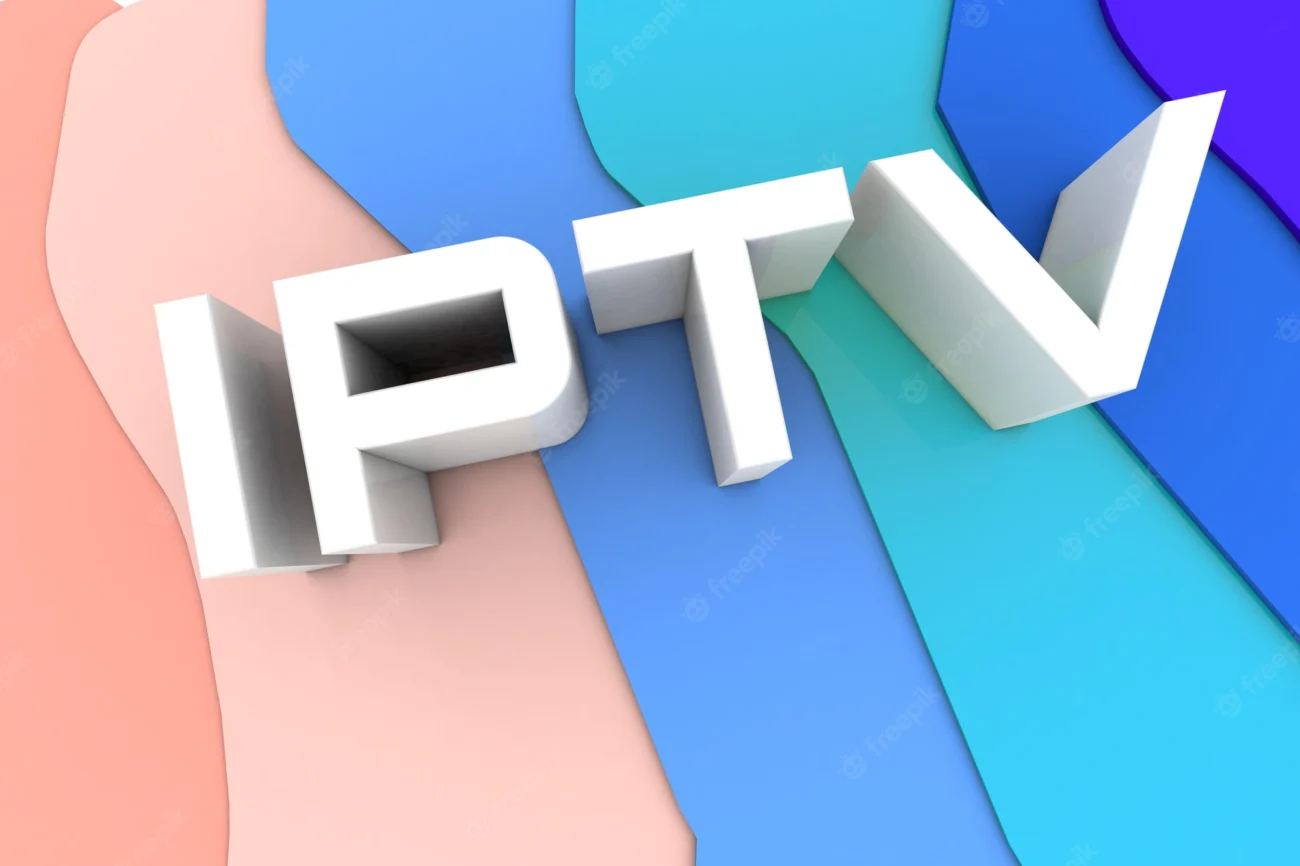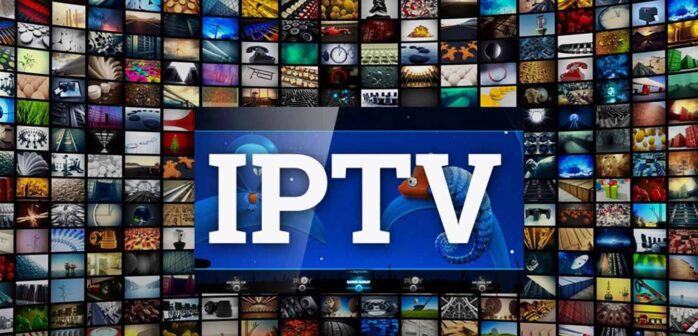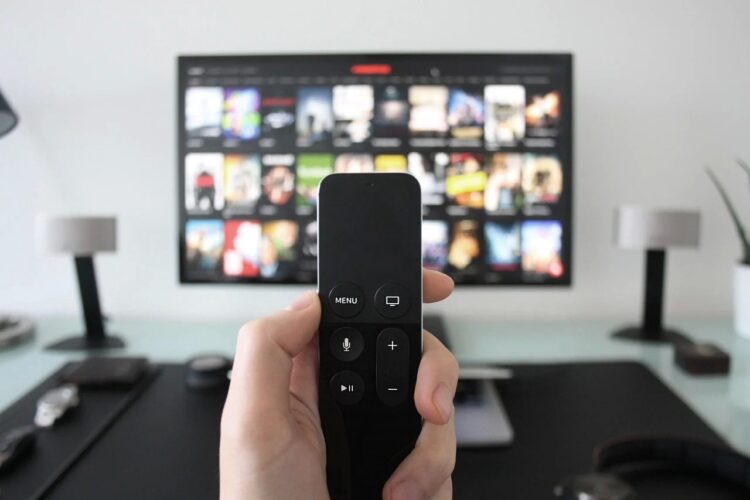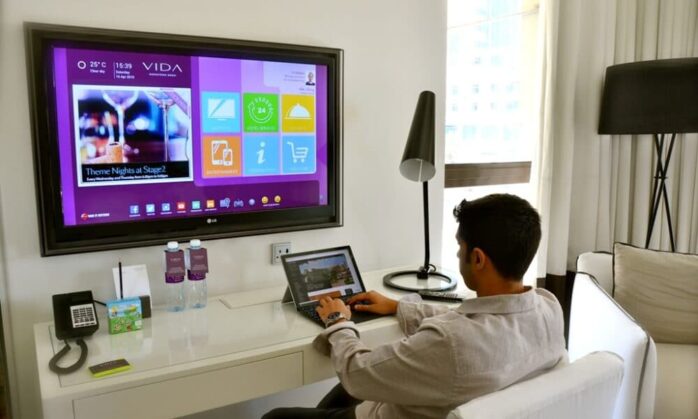
IPTV services are taking over traditional cable or satellite television. People are cutting cords all over the world and switching to Internet-based services. They find them more profitable and convenient. Almost every business is thinking about creating its IPTV platform. Why do we find IPTV services a great alternative to traditional TV? Let’s dive into details.
If you want to create your IPTV service, we recommend you contact Setplex. They offer IPTV solutions for operators, governments, MSOs, ISPs, and broadcast providers.
IPTV, or Internet Protocol Television, is a popular form of television that uses the internet to deliver programming. This means that viewers can watch shows and movies online, rather than having to wait for them to air on traditional TV networks.
Some of the benefits of IPTV include its flexibility and convenience. Since viewers can watch programs at their own pace, IPTV is great for people who are busy. Additionally, since IPTV programming is delivered over the internet, it is available anywhere in the world. This makes IPTV a great option for people who travel a lot or live in remote areas.
Overall, IPTV is a versatile and convenient way to watch television. It is perfect for people who are busy or want access to programming from anywhere in the world.
To watch IPTV, users need a broadband connection and a TV that supports the technology. They then need to install an IPTV-compatible software package on their computer or device. Once installed, the software will allow them to watch live and scheduled TV channels over the internet. Channels can be streamed from sources such as providers like Comcast and DirecTV, or from third-party streaming services like Hulu and Netflix.
To watch content, users need an internet-connected device such as a smart TV, streaming box, or gaming console. In some cases, the device may require firmware updates to support IPTV functionality. Once the device is set up and connected to the internet, users can browse available channels and start watching content.

Why is IPTV an effective alternative to traditional TV?
#1 Traditional TV costs higher
Cable or satellite television are usually offered at a higher price than IPTV services. Sometimes, television can cost ten times more than internet-based video streaming services.
A person pays $49,99 for cable television, while IPTV services can cost $5,99 or $15,99, for example, NimiTV streams English and Albanian content for $5,99. The price usually depends on the package that includes different conditions, such as the number of devices the service will be accessed from or the number of profiles.
People appreciate the possibility to save money and receive more bonuses that we are talking about further.
#2 IPTV services operate on many devices
It is another thing for which people like using IPTV services. They operate on different platforms and devices. Viewers can choose on what gadget to enjoy the content: a smartphone, Smart TV, laptop, or tablet.
One this fact offers many advantages to viewers and companies:
- People save money because they can use the service from any device they have. They don’t need to invest in purchasing additional gadgets.
- They can use any device they have to access your service. It reduces family arguments over remote control. Each family member can use their device to watch videos.
- Businesses cover more people by going for multi-platform capabilities. Some viewers use only smartphones in their daily life and those who love watching videos on big Smart TV screens. The more devices you cover, the more people use your service.

#3 IPTV services allow people to watch videos however they want
IPTV services stream live videos and offer videos on-demand. It means that people can catch a live stream, for example, of a sports event if they are fans. And they can watch it later.
Videos available on-demand are stored on servers. When a user requests such a video, the video is streamed from a server.
On-demand functionality allows people to view content whenever they are up for it. There is no schedule that you should follow to catch the video. And there is no need to wait for another episode to air. Platforms usually publish the whole season so people can go binge-watching.
#4 IPTV services offer a huge pool of content
Internet-based services invest a lot in creating unique content or obtaining licenses for videos that can be interesting for their audiences.
Usually, their content is more interesting and engaging than the one people can watch on television. Even if you share informative videos, they can be more interesting and valuable than documentaries on television.
Moreover, television providers cannot understand their audiences as effectively as IPTV providers can. TV providers stream for different viewers – different ages, interests, values, and so on, while IPTV services can gather people who have similar interests and life values.
Thanks to encryption technology, your privacy is always protected when streaming content through IPTV. In addition, since there are no subscription fees associated with IPTV services, this platform is ideal for those who value their privacy and want to avoid unnecessary charges.

What are the drawbacks of IPTV?
There are a few drawbacks to IPTV that should be considered before making the switch. First and foremost, IPTV is not universally available. While some providers do offer it, many don’t. Additionally, while it may be more affordable than traditional cable or satellite TV, IPTV can still be expensive if you have to purchase a package with a lot of channels. Finally, IPTV is not always as reliable as traditional TV networks. If your internet goes out or the channels you’re watching start to buffer, you may experience issues with your IPTV subscription.
Final Thoughts
IPTV services offer people convenience and a personalized experience. Viewers divide when, where, and how to watch their favorite videos. They don’t need to wait for a video to air. And businesses can earn a fortune when providing an IPTV service to their customers. That’s why IPTV service is an effective alternative to traditional television.










